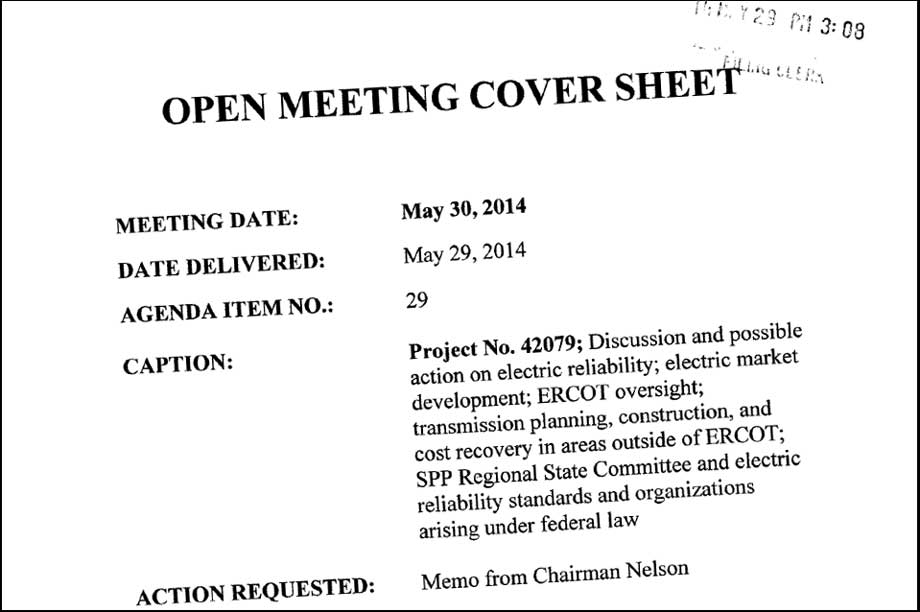PUC spokesman Terry Hadley said the analysis — to cover the territory of the Electric Reliability Council of Texas (Ercot), which manages 75% of the state's electricity market — will be completed before January, when state legislators re-convene. The commission will hold a public stakeholder meeting. Ercot operates the grid for almost all of Texas, where wind power now provides about 10% of load.
Texas, which has the most installed wind power of any US state, is often portrayed as the model of how wind-friendly transmission should be built and financed. Not only do consumers bear most transmission costs — unusual for a US state — but $7 billion in wind-friendly transmission was completed in 2013, America's largest programme of this kind.
The new 345kV transmission lines deliver up to 18GW of wind energy from five competitive renewable energy zones (CREZs) in west Texas to load centres in the south and east of the state.
The PUC will look at the cost of prospective system upgrades in Ercot's territory, ancillary transmission services and the transmission planning process for renewables, as well as "problems that have arisen as part of the CREZ build-out", wrote chairwoman Donna Nelson in a to fellow commissioners. "I would like to explore the costs of system upgrades, the costs to maintain and operate the current system, and the allocation of those costs specifically related to renewable resources."
"We all knew this was coming," said Michael Goggin, research director at the American Wind Energy Association. "It would be a total reversal of longstanding practice." Indeed a few years ago, Texas regulators studied the issue and decided not to act. Jeff Clark, executive director of the Texas-based Wind Coalition, said: "We are happy to have a discussion about wind because we know the facts are in our corner."
In April, Ercot reported that the Texas Panhandle is attracting an unexpected amount of interest from wind developers, and that the new CREZ transmission lines may therefore need an $675 million upgrade. Some 10GW is planned in the Panhandle, whereas the CREZ lines are meant to accommodate 2.4GW.
Nelson, in the 29 May memo, said that the remoteness of many wind projects in Texas — coupled with what he described as wind's variability — can lead to grid instability and extra integration costs. Wind proponents disagree, saying that grid stability is easy to alleviate and that she is exaggerating wind's integration costs.
Nelson is pushing hard for the re-assessment. She has in the past criticised the wind production tax credit (PTC), even although it is a federal policy and not in her purview. A proportion of her three-page memo was about the PTC. It stated: "The federal [PTC] distorts wholesale electric markets... While this commission has no ability to change what Congress does, we do have an obligation to Texans to periodically review whether our rules appropriately assign cost to those who cause those costs."
An anonymous source said that Nelson seems to want to shift costs to wind to compensate for the PTC. "I think she is trying to do as much harm as possible to renewable energy before she leaves office [in August]," the source added, saying that the upcoming re-evaluation has already had a "chilling effect" on new wind development because of the uncertainty. Or, as Luke Lewandowski, an analyst at Make Consulting, put it: "The project economics for wind are already thin. I think that any extra cost would create far more of a challenge."

.png)



.png)









